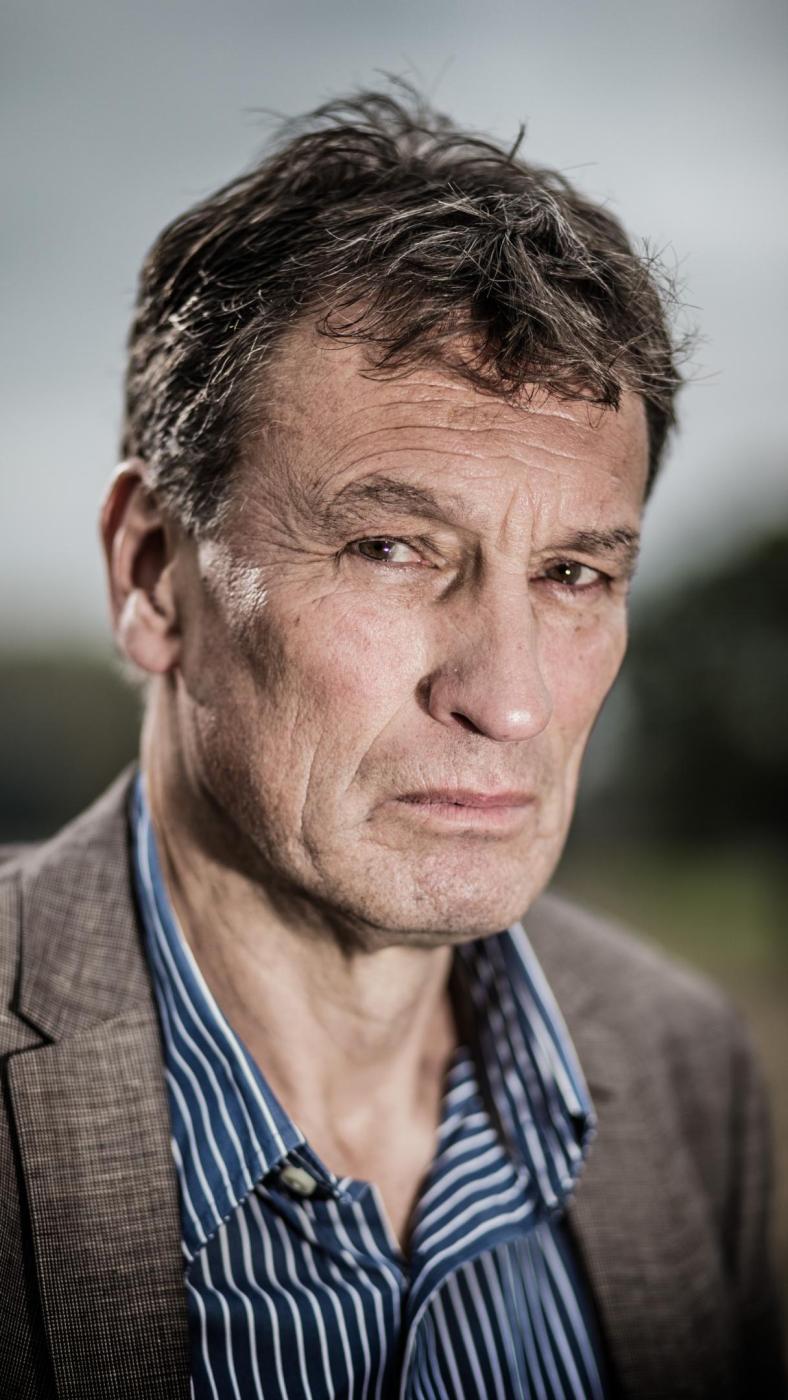
Journalist Hans Vandeweghe teaches the course Geopolitics and Sport at PG Sports of the VUB for the last time this year. “I’m 66 and want to see and do a lot with my wife around the world. I can’t wait another 20 years for that.”
Hans wants to make his students especially aware that there is much happening on a societal, political, and economic level behind the scenes of sport. “I became aware of this when, between 1991 and 1993, I worked as the communications director for the Belgian Olympic Committee and stumbled upon a massive archive of newspaper clippings. These clippings were sent daily from the International Olympic Committee in Lausanne and all dealt with the politics, finances, and sociology of sport. I started reading them with great interest and built my own collection. This came in handy when I later returned to journalism as a well-informed man.”
You are known for your outspoken views. Is there a lack of this critical attitude in current journalism?
“I don’t know. Generally, there are enough opinions, newspapers are full of opinion pieces. In sport, I was the first to write politically oriented sports columns. I was in the fortunate position that I could write independently about what I knew. My colleagues thought of me as a troublemaker. But they couldn’t write everything because they didn’t want to get burned in the world of sport. I had already been burned, but I didn’t care. The column I’m about to write will have the same content as a lecture I recently gave at the VUB, about the shame that a country like Saudi Arabia has been awarded the 2036 World Cup.”
Why are these kinds of regimes so interested in organising such events?
“It’s not just the regimes, but also the different sports federations. For them, there is nothing better than a solid dictatorship to organise a sports event. If they think a stadium is missing, they just build one. In Qatar, they built seven stadiums within a 70-kilometre radius. Zero sustainability. And Saudi Arabia will be the same.”

“There’s a certain level of activism in my lessons, but also pragmatism.”
Yet you often hear the argument that sport has nothing to do with politics.
“Sport is used by politics, so sport must also pay attention to it. If sports federations claim to be for inclusion, diversity, and the environment, then they have no business in those dictatorships. Women have no say in those countries, and the exploitation of Nepalese workers is, to my knowledge, not the right definition of diversity. The main sponsor of FIFA is now Aramco, the largest oil company in the world—there’s your answer to their concern for our environment.”
What is your stance on boycotting such events?
“I’m pragmatic. But first of all, federations need to think about where they’re going. Almost everyone thought Qatar was a bad choice. The 2008 Olympics in China was on the edge. It’s also not a democracy, but you can’t say we should only go to democracies. Because there aren’t many of them in the world. It’s hard to make a choice. I told my students that I find it a disgrace how human rights are violated in Saudi Arabia. It is simultaneously becoming an important sports nation, and I also told them that if they ever get the chance to work there, they should go. But with their eyes open.”
You hear very little from athletes themselves when it comes to political stances.
“Many athletes were against a boycott of Russia at the Paris Games. I wasn’t, I also think Israel has no place in international sport right now. Athletes shouldn’t be suspected of having an overly great insight into the world outside sport. In a way, narrow-mindedness is part of top-level sport, some become a little wiser afterwards.”
Since he was five, Hans has been going to football, initially with his grandfather, to watch AA Gent. “I enjoy the game, but football is the most immoral and amoral world I’ve ever been in. It’s all about money. I show my students a slide of a camel market and explain that there is only one sport in the world that trades people. In the past 10 years, 80 billion euros have been spent on player transfers. There’s a certain level of activism in my lessons, but also pragmatism. If they want a job in sport where they can make money quickly, I tell them they should become a football agent.”